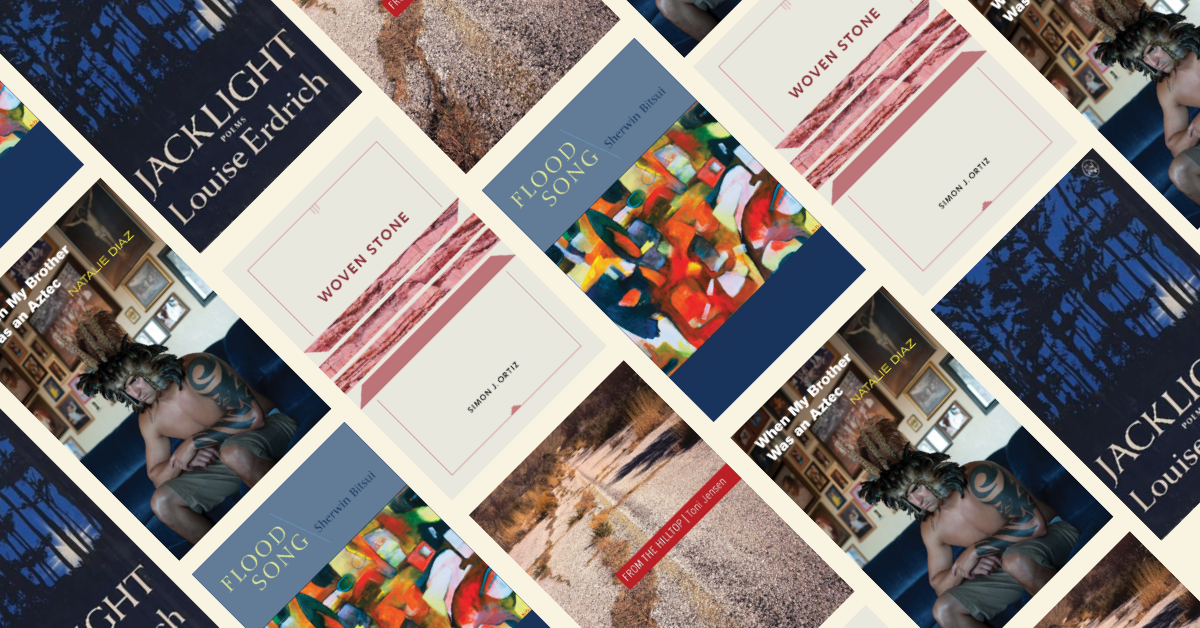Voices of Resilience: 5 Indigenous Poets You Should Know
In the rich tapestry of literary expression, the voices of Indigenous poets resonate with a profound connection to culture, heritage, and the enduring spirit of resilience. Their verses serve as a testament to the diverse experiences and wisdom of Indigenous peoples around the world. Here, we explore the works of five Indigenous poets whose words not only illuminate the beauty of their heritage but also challenge and inspire readers to engage with the complexities of Indigenous identity.
Louise Erdrich
Louise Erdrich, a member of the Turtle Mountain Band of Chippewa, is primarily celebrated for her novels, but her poetry is equally powerful. In Jacklight, Erdrich crafts poems that resonate with the beauty of nature, the complexities of familial relationships, and the spiritual connections inherent in Indigenous cultures. Her poetic language is imbued with a deep sense of place, inviting readers into the landscapes of her heritage.
Natalie Diaz
Natalie Diaz, a Mojave poet, explores themes of family, addiction, and the intersection of myth and reality in her collection When My Brother Was an Aztec. Diaz’s poetry is visceral, unapologetic, and rich with imagery. She masterfully combines the personal and the mythical, inviting readers to navigate the complexities of Indigenous experience through her poignant and deeply moving verses.
Simon J. Ortiz
Simon J. Ortiz, a poet and member of the Pueblo of Acoma, brings the ancient wisdom of his people into the present through his collection Woven Stone. Ortiz’s poetry reflects the deep connection between language, culture, and landscape. His verses speak to the enduring strength of Indigenous communities, offering a glimpse into the intricate tapestry of stories that shape the Acoma Pueblo people
Sherwin Bitsui
Sherwin Bitsui, a poet of Diné/Navajo descent, explores the intersection of language, landscape, and identity in his collection Flood Song. Bitsui’s poetry is a captivating journey through the arid landscapes of the Southwest, infused with the rhythms of Navajo ceremony and mythology. His work, characterized by its innovative use of language and vivid imagery, invites readers to contemplate the complex relationships between culture, nature, and self.
Toni Jensen
Toni Jensen, a writer of Métis descent, delves into themes of identity, survival, and the impact of colonization in her collection From the Hilltop. Jensen’s poetry is a raw and powerful exploration of personal and collective histories. Through her verses, readers are invited to confront the legacies of trauma and resilience that shape Indigenous experiences. Jensen’s voice adds a unique perspective to the diverse chorus of Indigenous poets, expanding the conversation on cultural identity and heritage.
These poets represent just a fraction of the rich and diverse landscape of Indigenous literature. Their words, informed by a deep connection to land, tradition, and community, contribute to a broader understanding of Indigenous cultures. As readers, we have the privilege of engaging with these voices and gaining insights into the complexities, triumphs, and resilience of Indigenous peoples. The poetry of these remarkable writers serves as a bridge between worlds, inviting us to listen, learn, and appreciate the profound contributions of Indigenous voices to the world of literature.




